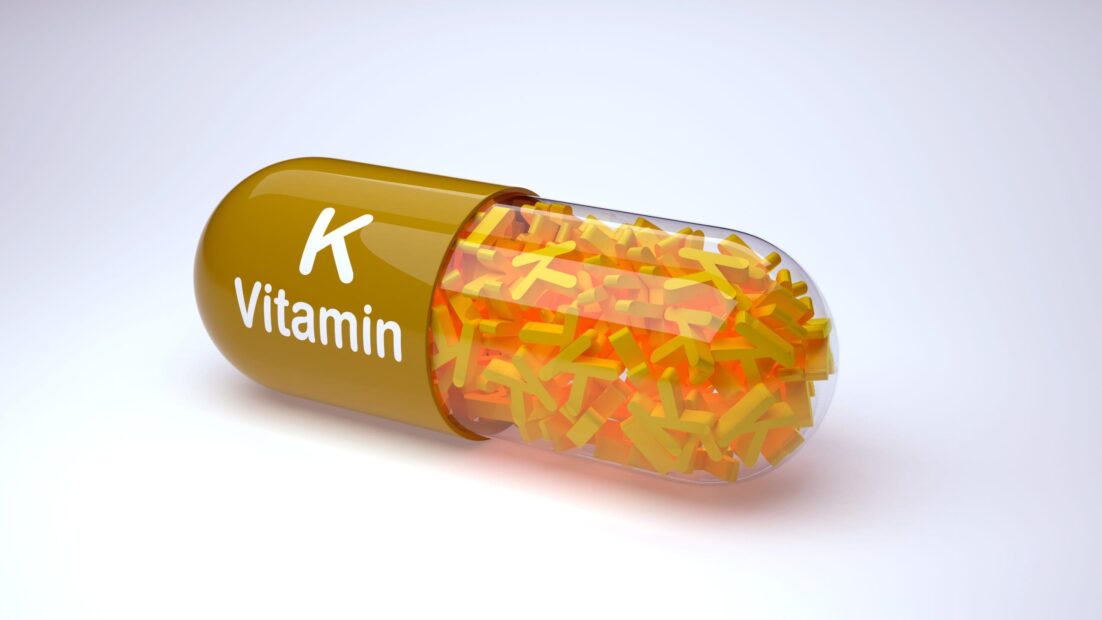Introduction
Vitamin K2, a lesser-known yet essential nutrient, has gained recognition for its diverse health benefits. This comprehensive guide delves into the significance of Vitamin K2, shedding light on its sources, roles in the body, and the numerous ways it contributes to optimal health.
Understanding Vitamin K2
Vitamin K2 is a fat-soluble vitamin and a subtype of Vitamin K, essential for blood clotting and calcium regulation in the body. It exists in various forms, with menaquinone-4 (MK-4) and menaquinone-7 (MK-7) being the most well-studied forms. Vitamin K2 is produced by bacteria and can also be obtained through dietary sources or supplementation.
Bone Health and Calcium Regulation
Vitamin K2 plays a crucial role in bone health. It aids in the activation of osteocalcin, a protein that helps bind calcium to the bone matrix, thereby contributing to bone strength and density. Additionally, K2 helps regulate calcium, ensuring it gets deposited in bones and teeth, preventing its accumulation in soft tissues.
Cardiovascular Health
Research suggests that Vitamin K2 might have a role in cardiovascular health by inhibiting arterial calcification. By regulating the distribution of calcium in the body, Vitamin K2 helps prevent the calcification of arteries, potentially reducing the risk of heart disease.
Potential Cancer Prevention
Some studies indicate a potential link between Vitamin K2 and a reduced risk of certain cancers. It’s suggested that K2 may influence cell growth and prevent the development and spread of cancer cells, though more research is needed in this area.
Sources and Considerations
Vitamin K2 can be obtained from fermented foods like cheese, natto (fermented soybeans), and certain animal products like egg yolks and liver. While the body can convert Vitamin K1 (found in leafy greens) to K2, the conversion is not highly efficient. Supplementation may be necessary for some individuals, especially those at risk of deficiency or with specific health conditions.
Conclusion
Vitamin K2, often overshadowed by other vitamins, plays a vital role in bone health, cardiovascular function, and potentially in cancer prevention. A balanced diet incorporating Vitamin K2-rich foods is crucial for reaping the benefits of this essential nutrient. While more research is needed to solidify some of its potential benefits, the importance of Vitamin K2 in the body cannot be understated. Consulting a healthcare provider or a nutritionist can offer guidance on maintaining an optimal intake of Vitamin K2 aligned with individual health needs.
- Top CBD Gummies from Just CBD: A Fun, Flavorful Review & Comparison - August 21, 2024
- The Comprehensive Guide to Vitamin K2 Unveiling Its Multifaceted Health Benefits - November 10, 2023
- Vitamin A: Unveiling Its Multifaceted Health Benefits - November 10, 2023

